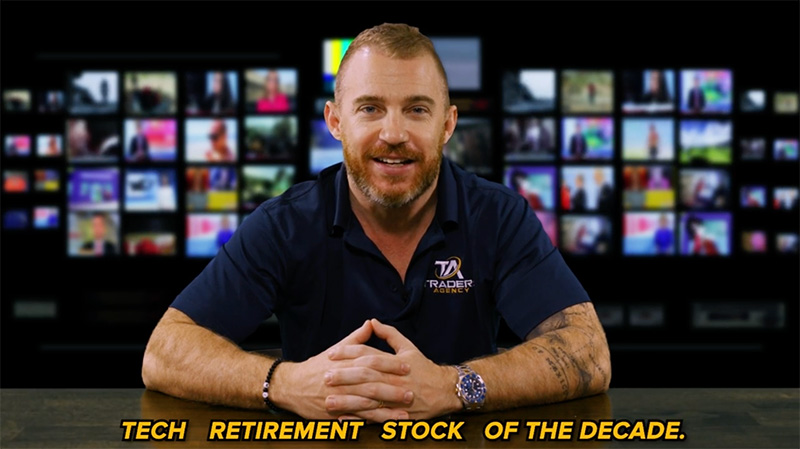I don’t believe in diversification.
I rarely hold more than five or six stocks at a time.
In fact, I prefer to hold no more than four – allocating 25% of my portfolio to each name.
And this is one of the reasons why each of my Watchlists typically only includes three stocks each week.
A portfolio of concentrated positions is one of the secrets to real outperformance.
You simply cannot beat the market holding 50-100 different stocks.
Don’t Just Take It From Me
As Warren Buffett said, “Diversification is a protection against ignorance. It makes little sense if you know what you’re doing.”
Holding index funds or overly diversified mutual funds is fine if you’re trying to make 8% a year.
But this strategy will not generate significant wealth.
Furthering this sentiment, Oak Associates Funds founder and celebrated donor to Denison University James Oelschlager once said, “No hospital wings or college dormitories have ever been named by an indexer.”
“They’ve been named by people who invested in one or two stocks and rode them for a period of time,” he continued.
Think about it…
You’ve done your research. You’ve analyzed the charts. And you’ve ranked 20 stocks you are considering for investment.
If you believe strongly in your top four, wouldn’t you want as many dollars as possible in each of them?
Why would you even consider ideas 18, 19 and 20?
If you spread yourself too thin, you will undoubtedly compromise your results.
Focus, Focus, Focus
Plus, it’s unrealistic. You don’t have time to monitor dozens of companies in a variety of sectors, industries and asset classes.
But you can know all there is to know about three or four companies.
You can maintain a laser-like focus on a small handful of stocks, knowing exactly when they report earnings, what analysts are forecasting and how each stock is trading.
I am not alone in my belief.
Some of the best traders of all time preached the benefits of a concentrated portfolio.
Hedge fund manager Bill Ackman manages $10.7 billion. His portfolio consists of just 7 stocks.
In “How to Make Money in Stocks,” William O’Neil wrote, “The winning investor’s objective should be to have one or two big winners rather than dozens of very small profits.”
It echoes the sentiment shared by legendary trader Jesse Livermore almost 100 years earlier: “It is much easier to watch a few than many.”
Livermore believed in buying the leading stock in a strong sector, not the top three or four.
Conventional wisdom says diversification is essential to long-term investing success.
It says to own a basket of stocks, to dollar-cost average your way in and to hold for the long term no matter what.
This is what most investors do.
And this is why most investors rarely outperform the market.
Embrace the Surge,
Ross Givens
Editor, Stock Surge Daily








